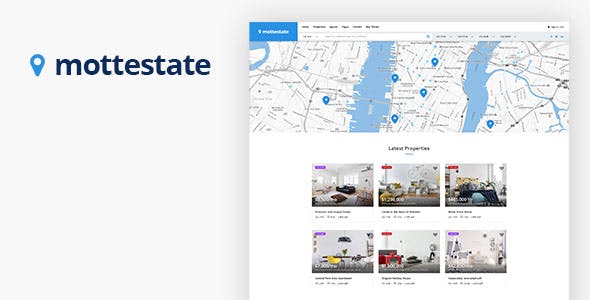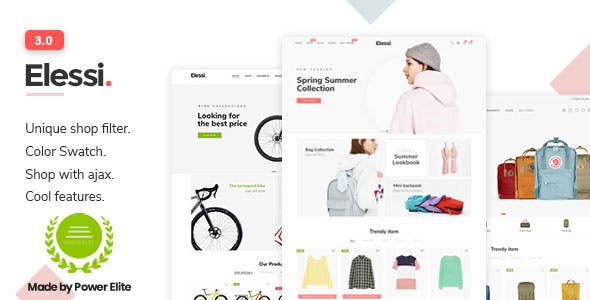Make your website an e-commerce website
It's not just that e-commerce websites are "on the rise"-that was true a few years ago, but we are now way beyond that. All over the world, customers just expect to be able to buy online whatever it is that you're selling. So if you've got a good idea and a website that's well marketed and easy to use, you stand a great chance of succeeding.
Obviously though, once you've decided you're going to build e-commerce websites there are more decisions to make coming your way. And one of the biggest is definitely about the platform you're going to use. You may have heard names like WooCommerce, Magento, Shopify, OpenCart and more. But what's the difference? What does each one offer? And the question that you really want an answer to-which one will be the best for you? Read on to find out.
WooCommerce
If you're running your site using WordPress, WooCommerce is a natural choice. It works as a WordPress plugin, so it's easy to integrate with your site. And as far as the layout and design of your online shop is concerned, you can choose from a wide range of WooCommerce templates from our collection. Some are multipurpose, while others are built specifically for particular markets and industries, from organic shops to gardening and landscaping businesses.
Magento
Unlike WooCommerce, Magento is not a plugin for WordPress. Instead, it's a dedicated content management system (CMS), built with e-commerce in mind. That's made it a popular choice for setting up e-commerce websites, but it's not easy to learn. A Magento template or theme can make the process a lot smoother by providing a well-designed, responsive site for you to build on.
Shopify
Shopify was founded back in 2004, but it's still a popular and growing platform today, with over 300,000 e-commerce websites using it. There are hundreds of Shopify themes on ThemeForest, designed for fashion sites, game stores and more. And if you want to know which one between Spotify and Magento is going to be the right one for you, there is a great comparison of Shopify and WooCommerce available for you on Tuts+.
PrestaShop
This free, open-source solution packs plenty of features and is used by 250,000 shops worldwide. Our Prestashop themes collection includes, again, both multi-purpose themes as well as more specialized templates- for business in the fashion, technology, and health & beauty industries.
OpenCart
Another open-source solution, OpenCart is much more than a shopping cart. Like the other platforms mentioned here, it offers a comprehensive way of managing an e-commerce site, including an easy-to-use dashboard and good customer support. It's definitely a good choice if you're just getting started and the size of your product database and your customer base are still fairly low.
Other platforms
There are plenty of other platforms out there, so don't feel limited by the options we've covered here. You can also find templates for other platforms, like Jigoshop, osCommerce and Zen Cart. And once you've chosen the perfect platform for your new online store, you can learn some great techniques for improving your site by taking some of the e-commerce courses on Tuts+.



















